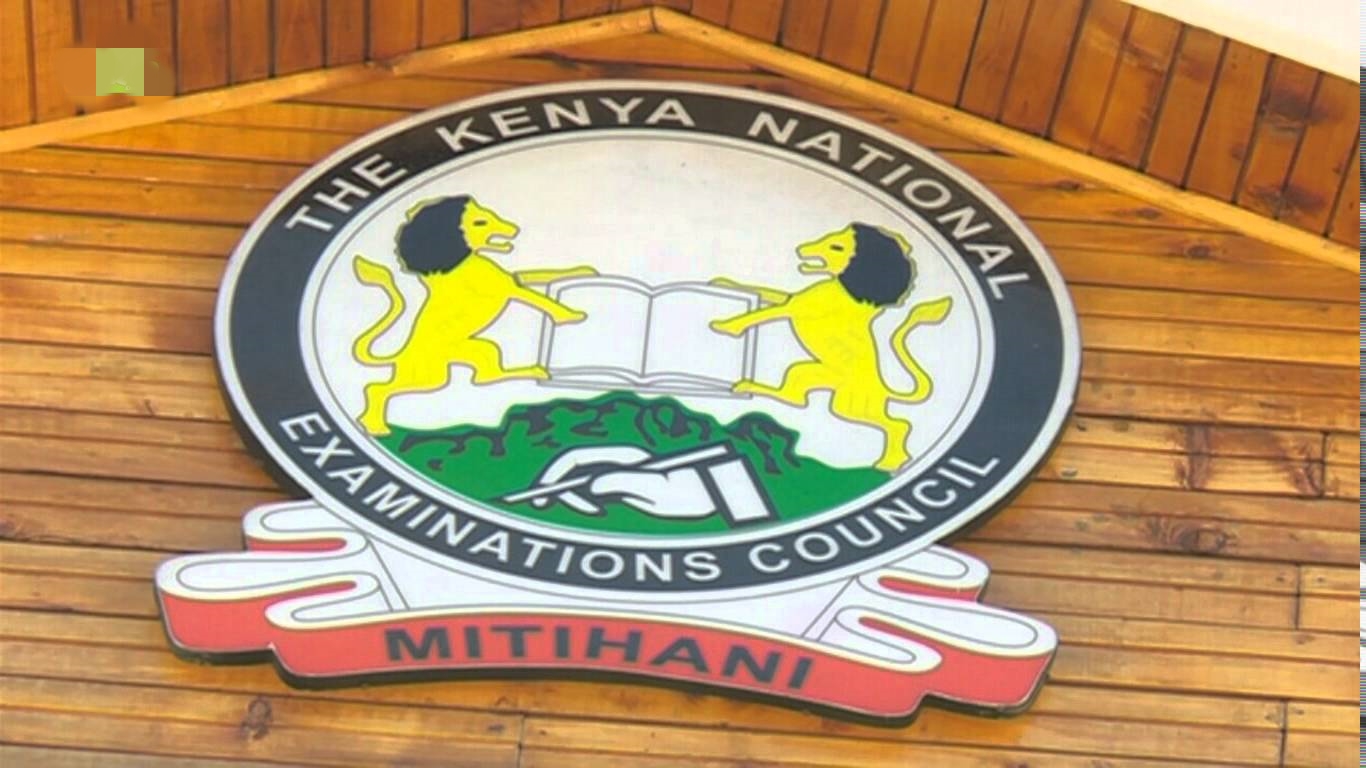Uber Kenya has announced a fare hike in Kenya effective Thursday 16th, 2017.
This comes months after its driver partners staged protests demanding to have the taxi-hailing firm look into their welfare. Mostly pocket-wise.
Uber offers smooth rides to its Kenyan customers, but its journey to dominance has not been smooth.
It all started when Uber ventured into the local market.
Traditional taxi drivers were up in arms opposing the entry of the ehailing company into the country.
This feud slowly died down after various ehailing apps started coming up.
Uber would not enjoy this tranquility for long since immediately after the introduction of a 35% fare reduction, its driver-partners were not a happy lot.
As is the tradition in Kenya, the driver partners took to the streets and the strike was captured by the media. Drivers have been absconding work claiming that Uber has short-changed them.
Uber drivers complained that the 35% fare slash reduced their earnings substantially.
Well, Uber Kenya has finally responded by announcing a fare hike and expressing its commitment to closely monitor driver-partners’ economics.
New Fare Structure
Starting today, Uber rides within Nairobi will be charged Ksh. 42 per kilometer up from Ksh. 35.
The minimum fare has been raised from Ksh. 200 to Ksh. 300. The only constant is the Ksh. 100 base fare.
In Mombasa, the new rate per kilometer is Ksh. 42 up from Ksh. 35.
The base fare is now Ksh. 70 up from Ksh. 50.
Major revisions were made to the base fare since there is a Ksh. 150 increase: The initial base fare was Ksh. 50 but has been increased to Ksh. 200.
Related Events
Earlier this month, the protests intensified as Uber drivers began attacking their colleagues who were reporting to work as usual.
They publicly forced customers out of the cars and, in some cases, poured oil on car seats.
Apart from demanding for fare hikes, the drivers sought to have Uber to implement a reduction in commissions and introduce benefits such as medical insurance.
The drivers further argued that inflation, high fuel prices, and heavy traffic jam had significantly affected them.
In a press release, Uber stated that the revised fare structure will ensure that driver partners earn more.
The Silicon Valley firm further admitted that Uber works when both riders are benefiting.
Safaricom’s Little Cab must have silently reaped the benefits of the strike since it is considered to be Uber’s biggest competitor.
Little Cab was introduced last year and quickly become a threat to Uber, probably because it was under the Safaricom Brand.
One of the main reasons that made Uber introduce a 35% reduction to its fare was to take on its main competitor Little Cab.
Going forward, we can only hope that Uber Kenya and its driver partners will avoid such a stalemate since it only gives competitors a chance to win more customers.
This has definitely been a great week since we saw also doctors resume work after weeks of absconding duty.
You can now Uber your way to the nearest public health facility. How awesome is that?



